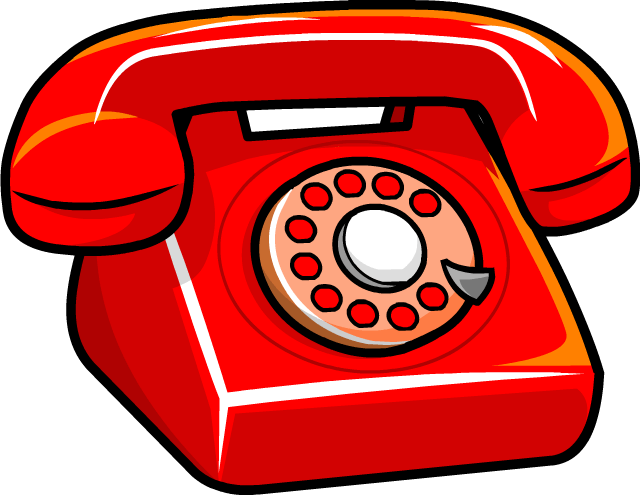
The dishwasher is one of the modern appliances that make life easy. Unlike most of the appliances in the market, the dishwasher is easy to maintain. According to dishwasher repair professionals, some of the proper dishwasher maintenance practices include:
A dishwasher should be level. If it isn’t, it could leak. For you to tell whether the unit is level, open the door and place an air-bubble level along the edges. If the dishwasher isn’t level, raise or lower either side by adjusting its “feet.” You can also add a wedge to balance it correctly.
Inspect the sprayer arms for clogs
When you go for a long time without cleaning it, food particles, mineral deposits, and other debris are bound to clog the holes in the sprayer arm. For the dishwasher to function more efficiently clean these small holes.
At least once every month, remove the sprayer arm and soak it in warm vinegar to loosen any obstruction. You should then clean out each spray hole with an awl or pipe cleaner.
Check the gaskets for cracks and other signs of damage
Gaskets are rubbers of plastic seals you find along the dishwasher door. Their purpose is to provide a water-tight seal when you close the doors.
Signs of faulty gaskets include water around the dishwasher. If the gasket is damaged, remove it by unscrewing it using a screwdriver. You can get a replacement gasket from a hardware store. You can also order one from a manufacturer.
Before you install the new gasket, soak it in hot water to make it more flexible.
Check and clean the screens and filters
Each dishwasher has a screen or filter located above the food drain. Its purpose is to catch large food and debris. For you to prevent clogs from coming about, clean it regularly.
If you have never cleaned it before, take a look at the owner’s manual for instructions on how to go about it. If you inspect the filter and it has holes, you have to replace it to avoid harming the other parts of the dishwasher.
While you are at it, also inspect and clear out any food or debris that might be trapped in the food drain.
Keep the dishwasher plugged
Plenty of accidents have been reported when dishwashers electrocute homeowners. Dishwashers have inbuilt water heaters and motors that consume a lot of electricity. The unit also uses a lot of water. If the unit isn’t properly wired, you are at more risk of being electrocuted.
For you to be safe and protect your family members from any danger, you should plug the dishwasher into a grounded outlet.
Watch out for the socket you connect it to. As a rule of thumb, ensure that it’s rated adequately to handle large loads that are required by most dishwashers.
Watch the water temperature
The temperature of the water greatly determines how efficient the dishwasher is. To improve the efficiency of the unit, reduce the amount of hot water you need to clean the dishes.
Studies show that up to 80% of the energy goes into heating the water. If the water is too cool, it doesn’t clean the dishes as well as you should. If the water is too hot, you end up wasting a lot of energy.
Set the water temperature at 130 degrees Fahrenheit. Water at this temperature will effectively remove all the food particles and residues without wasting a lot of energy. Place a thermometer inside the dishwasher. If above or below 130 degrees, adjust the hot water heater.
Use the right detergents
Not all detergents and soaps are designed for dishwashers. Wrong detergents produce large amounts of foam, suds, and bubbles that leak from the dishwasher and spill onto the floor.
For you to be safe, use detergents and soaps designed for dishwashers. Appliance repair Alexandria professionals recommend that you use powder detergents instead of gels. This is because gels contain chlorine bleach that has been shown to dissolve seals and gaskets.
Gels also don’t work well with hard water. They also clog the detergent dispenser thus impeding the cleaning performance. Gels also leave more spots and cloudiness on glassware so that it looks dirty after removal.




